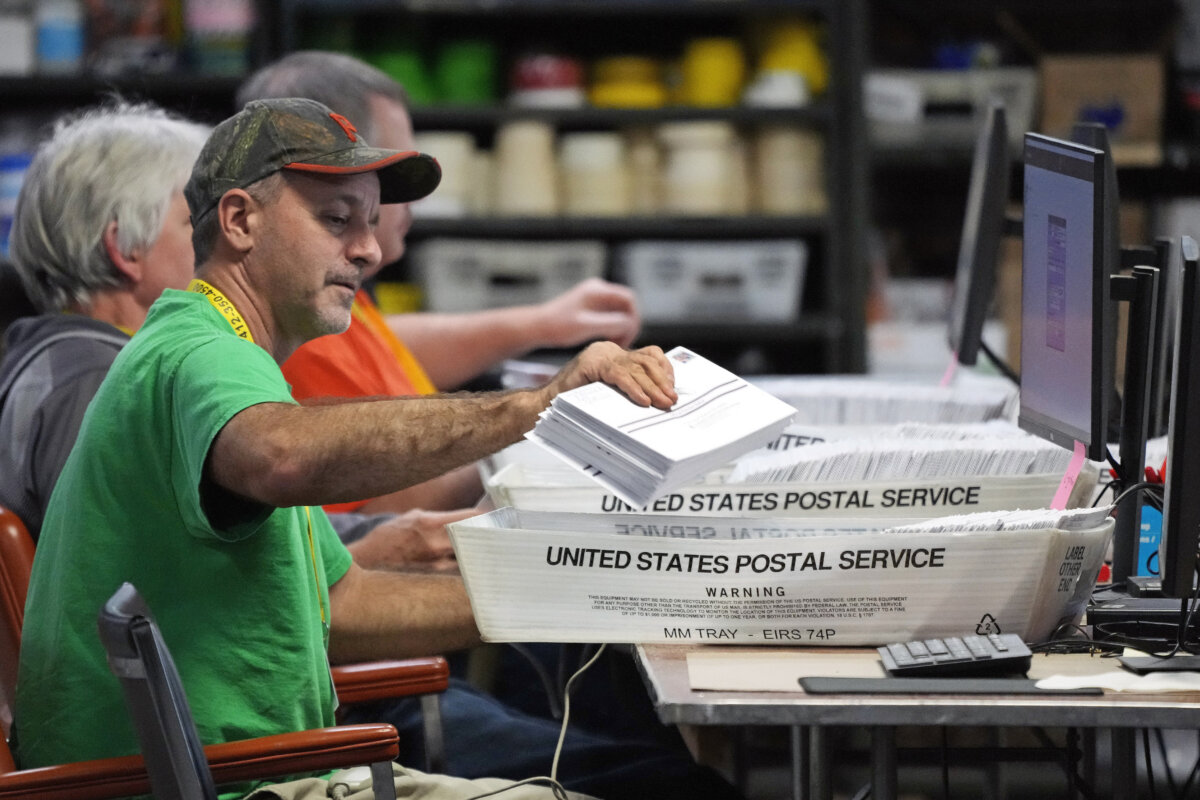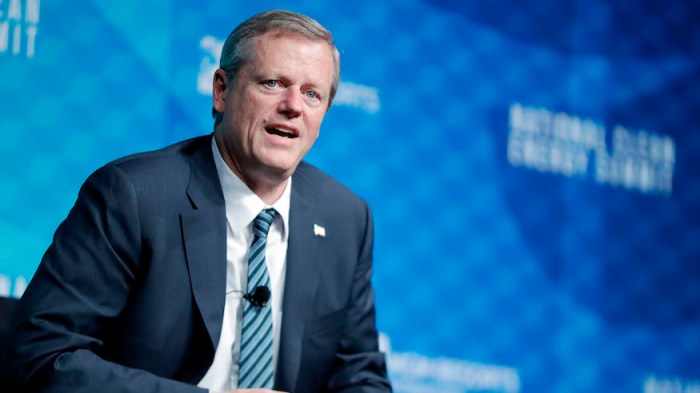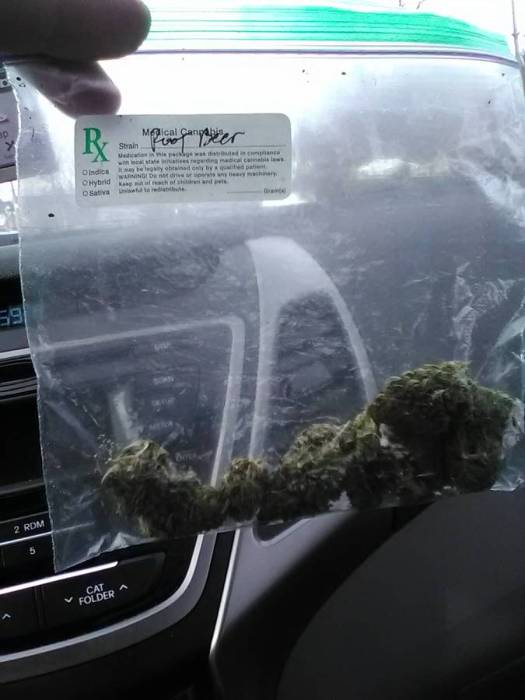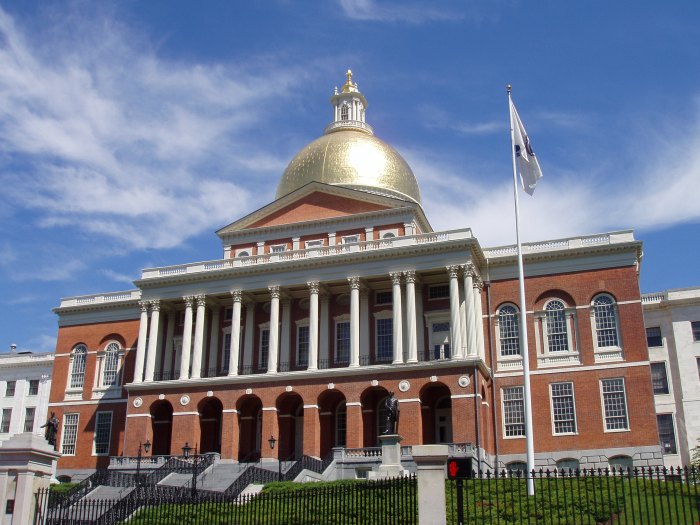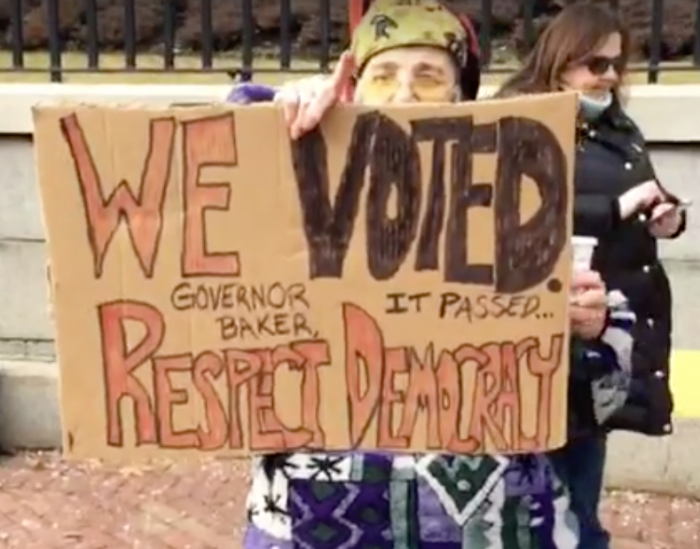Public health officials and a retailers group tangled Tuesday over raising the minimum age to buy tobacco products to 21, what impact that would have on retailers and whether it would truly discourage teenage smoking.
A Rep. Paul McMurtry bill (H 2864) with 104 co-sponsors that would raise the legal age to purchase tobacco products from 18 to 21, prohibit tobacco sales at pharmacies and ban e-cigarette use in the workplace was the first bill up for testimony before the Joint Committee on Public Health this session.
The committee’s Senate chair, Sen. Jason Lewis, filed the Senate version of the bill (S 1218) and McMurtry’s office said more than 70 leading health care organizations support the bill.
“We know that the vast majority of people who become addicted to cigarettes began smoking when they were adolescents and that the older people are when they begin to experiment with or start smoking, the less likely they are to develop a lifelong habit,” Monica Valdez Lupi, executive director of the Boston Public Health Commission, said. “Restricting youth access to tobacco is the single most important strategy in preventing youth from starting smoking, given that tobacco use remains the leading cause of preventable death.”
The Institute of Medicine, in a 2015 study, found that if the legal age to purchase tobacco products were raised from 18 to 21, there would be a corresponding 12 percent decrease in tobacco use among today’s teenagers by the time they reach adulthood.
Dr. Lynda Young, a Worcester pediatrician who chairs the anti-smoking coalition Tobacco Free Mass., said 95 percent of smokers began the habit before turning 21, and that the chances of a person between the ages of 21 and 26 starting a tobacco habit are one in 100.
“It really is an insidious addiction,” Public Health Committee Co-chair Rep. Kate Hogan, a former teenage smoker, said. “When you’re young and you’re feeling great and you’re smoking, it doesn’t always add up to an addiction but it certainly can quickly, and as you enter your adult years it becomes more and more difficult.”
Supporters of the higher age restriction say it would keep tobacco products out of the social networks of younger teens, who are more likely to go to school with or have other ties to 18- and 19-year-olds who could illegally provide them with cigarettes.
According to the Coalition for Responsible Retailing, 86 percent of minors who use cigarettes obtain them in ways other than purchasing them at a retail store.
The coalition — comprised of the New England Convenience Store Association, New England Service Station and Auto Repair Association, Retailers Association of Massachusetts and National Association of Tobacco Outlets — takes the stance that additional limits on tobacco sales restrict adults’ rights to purchase legal products without protecting minors.
“This proposal is an ineffective and possibly detrimental policy move in the fight against underage smoking. Such a change undermines the established definition of adulthood, has no guaranteed effect on underage smoking rates, and takes attention from more successful approaches,” Dennis Lane, the coalition’s executive director, said. “The most effective methods to prevent minors from obtaining tobacco products are greater enforcement of laws already in place and further access-prevention legislation.”
Lane added, “If lawmakers truly wish to decrease underage smoking, a more effective approach is comprehensive underage-access prevention legislation, penalizing smoking in public places or spaces with children, or supporting youth education programs advocating against risky behaviors such as smoking.”
Under questioning from Rep. James Lyons, Lane said that his convenience store business would likely see an overall 20 percent decline in sales if the minimum age to buy tobacco were raised to 21, an estimate he said was based on his decades of experience.
Lewis said other estimates have pegged the impact to businesses at 2 percent of tobacco sales and that “anything like 20 percent is probably a gross exaggeration.”
More than 160 cities and towns in Massachusetts have passed measures lifting the minimum purchase age for tobacco products from 18 to 21, and a version of McMurtry’s bill — filed in the Senate by Sen. Lewis — passed the state Senate 32-2 last year, though the House did not take it up.
House Speaker Robert DeLeo, during a WCVB interview that aired in April, didn’t go out on any limbs on the topic, saying that raising the tobacco age is “something this year that we ought to take a look at.”
Asked what about this bill or this session gives him optimism that his bill could be bound for the governor’s desk, McMurtry said that while raising the smoking age is a priority of his, he understands that each of the 199 other lawmakers has their own priorities.
“I want to be respectful of the conversation I continue to have with the committee and members of both chambers so that when the time is right we can see this enacted and signed into law by Governor Baker,” he said. “This has evolved through the past sessions, the prior sessions it was filed.”
McMurtry said he does not have an economic impact study detailing how much state revenue might evaporate if the pool of people able to buy highly-taxed tobacco products shrinks, but said that impact would be more than balanced out by health care cost savings.
“It costs the commonwealth in excess of $4 billion in health care costs for nicotine and tobacco-related diseases,” he said. “With the rising health care costs for individuals, families and small businesses, this is actually going to help at some point in the future relieve some of those rising costs.”











